How much alkalinity is high in brewing water?
.jpg)
Generally, high alkalinity is anything greater than 100 ppm as calcium carbonate.
However, alkalinity greater than 50 ppm can be considered high for extract brewing because you are rehydrating a dehydrated wort that already has minerals and alkalinity in it. The alkalinity in your water will add to what’s already there.
Here is the bottom line: If your water is softened or highly alkaline, you should not use it for either extract or all-grain brewing. The alkalinity of water can be reduced by aeration and pre-boiling or by diluting it with distilled or reverse-osmosis water.
A Word to the Wise
Historically, many famous beer styles were developed in conjunction with the water from the region, but you need to understand that brewers have been adjusting their water for hundreds of years. For instance, the water of Pilsen (where Pilsner originated) is very soft, free of minerals, and very low in bicarbonates. Brewers in this region typically added salts to raise the hardness in the water. On the other hand, brewers in Burton-upon-Trent (famous for its IPAs) frequently pre-boiled their water to reduce the hardness.
So don’t assume that you have to use the exact water profile that you find on the Internet for Dublin, Ireland, if you want to brew a good stout. The water profile for a famous brewing city may be a step in the right direction, but do your research and find out how the brewers of that region/style actually used the water to brew their beer.
Water Report
How do you know your water’s alkalinity and hardness? Often that information is contained in your city water report. Water reports are primarily concerned with testing for contaminants, so you will usually find Total Alkalinity and Total Hardness numbers in the Secondary Standards or Aesthetic Standards section. As a brewer, you generally want to see Total Alkalinity less than 100 ppm and preferably less than 50 ppm, but that is not very likely. You will typically see Total Alkalinity numbers between 50 and 150.
For Total Hardness, you generally want to see a value of 150 ppm or greater as calcium carbonate. Preferably, you would like to see a value greater than 300, but that is not likely either. Typically, you will see total hardness numbers in the range of 75 to 150 ppm because water companies don’t want carbonate scale in their pipes. In fact, almost every city’s tap water, everywhere in the world, is generally going to be higher in alkalinity and lower in hardness than we would prefer for brewing.
You can also test your brewing water for total alkalinity and total hardness by using a water test kit, such as the Lamotte BrewLab. These are simple drop-test kits similar to what you would use for a swimming pool.
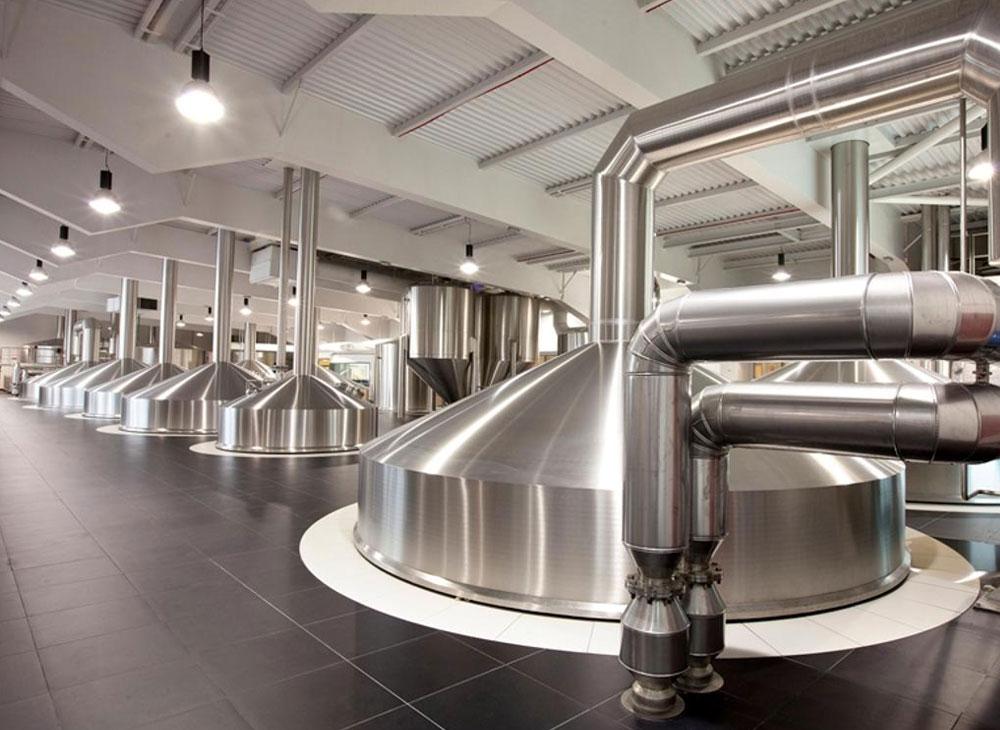
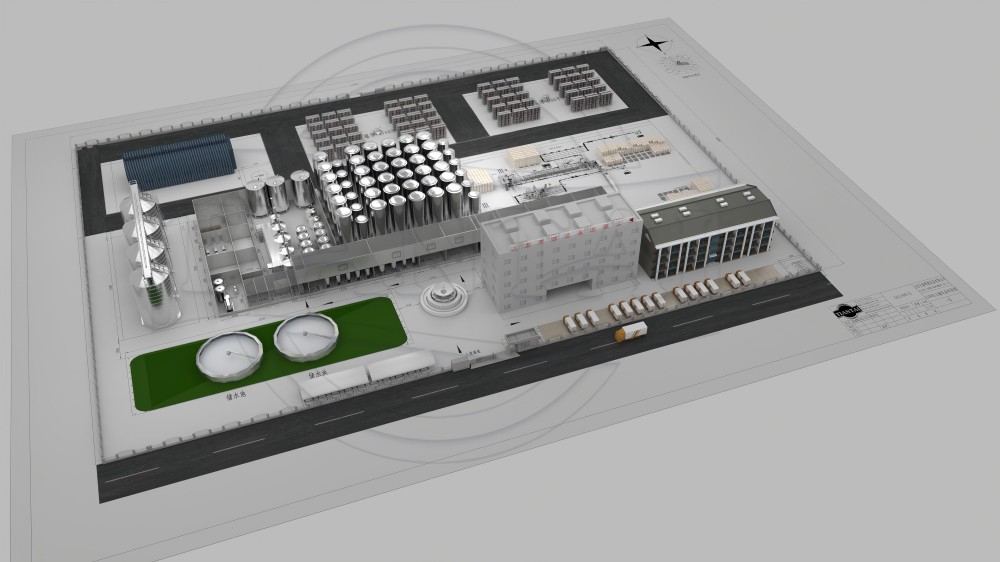
.jpg)
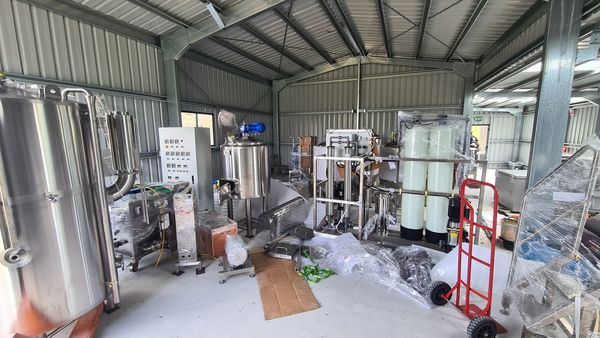
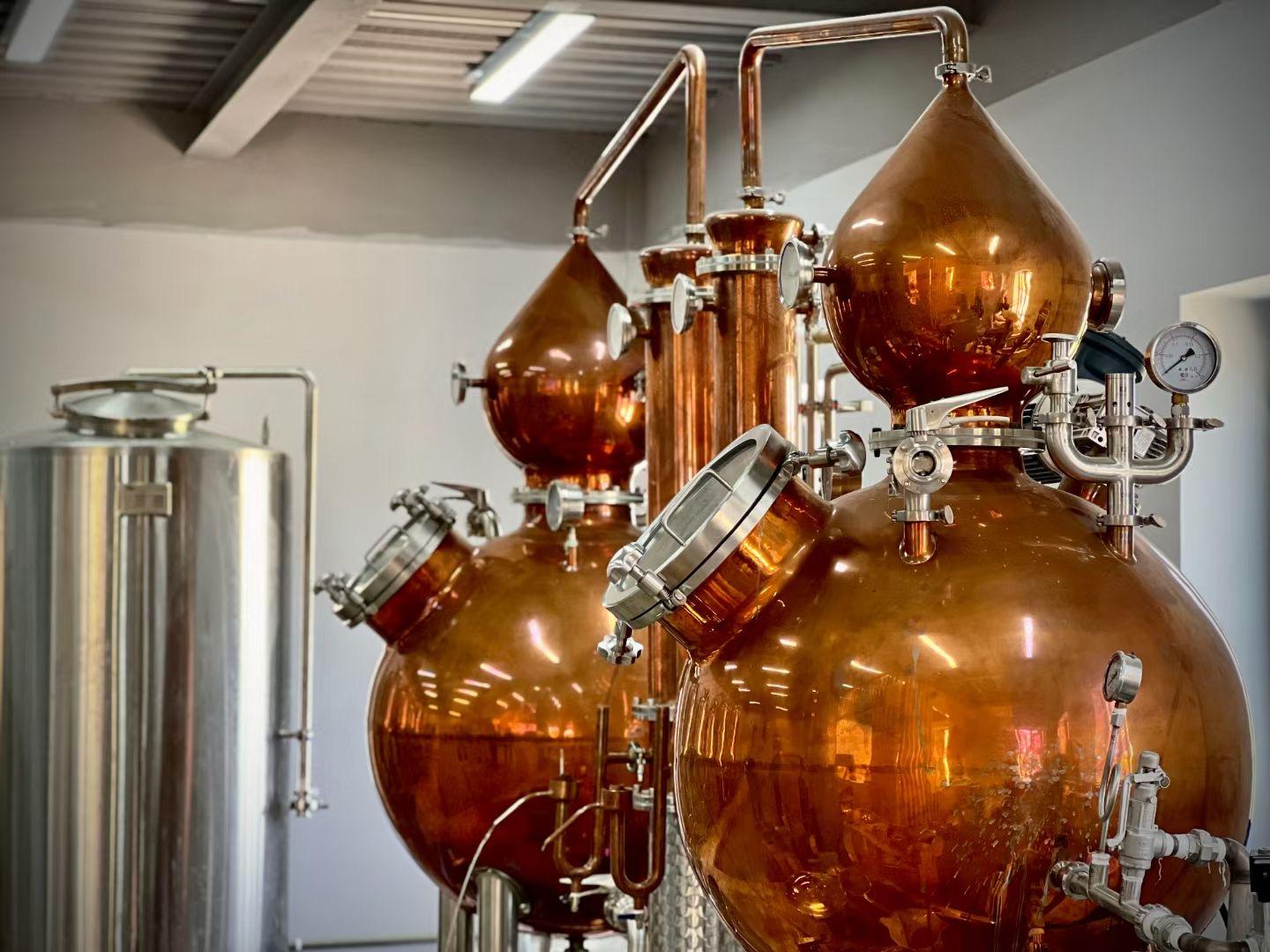
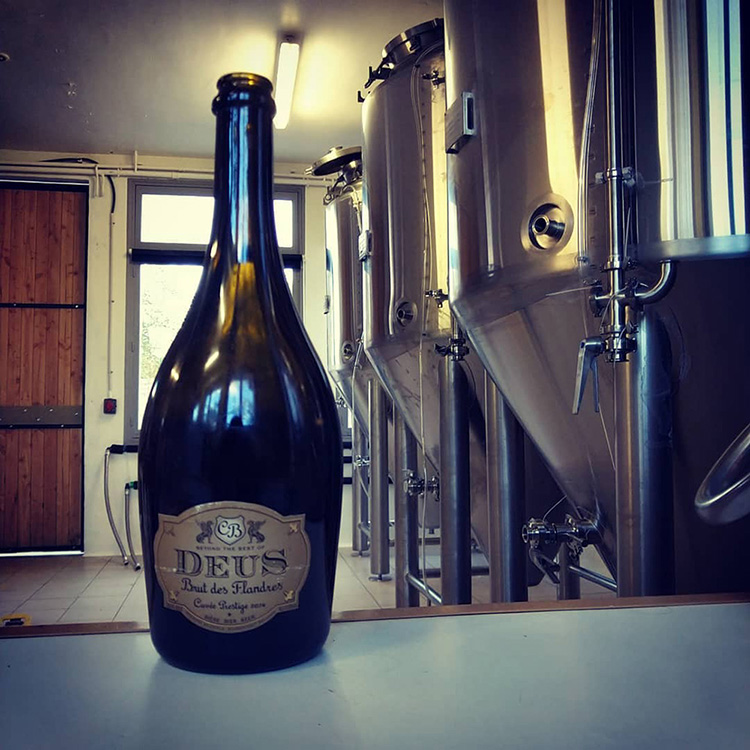
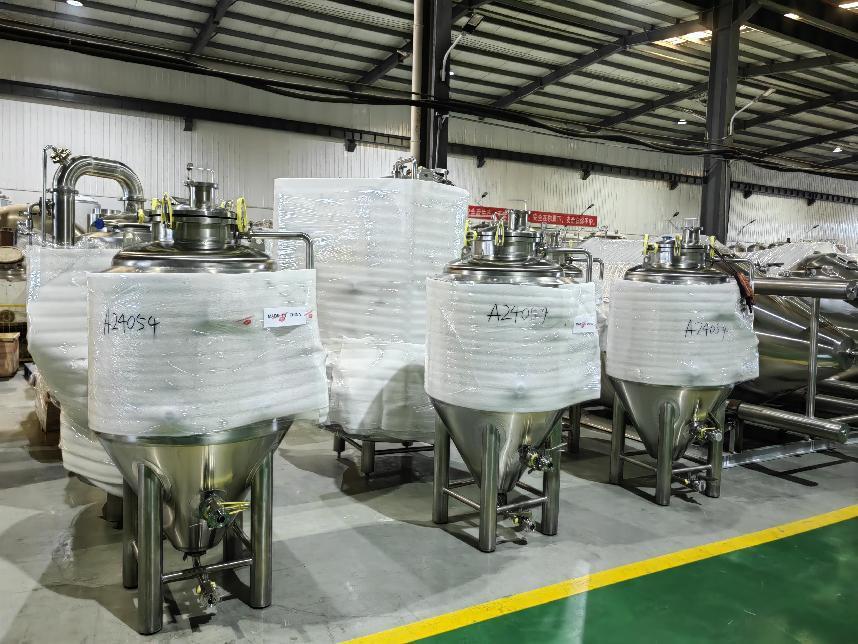
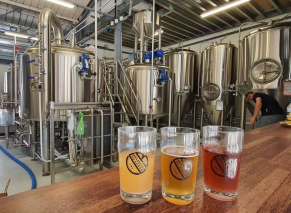
Get A Quote